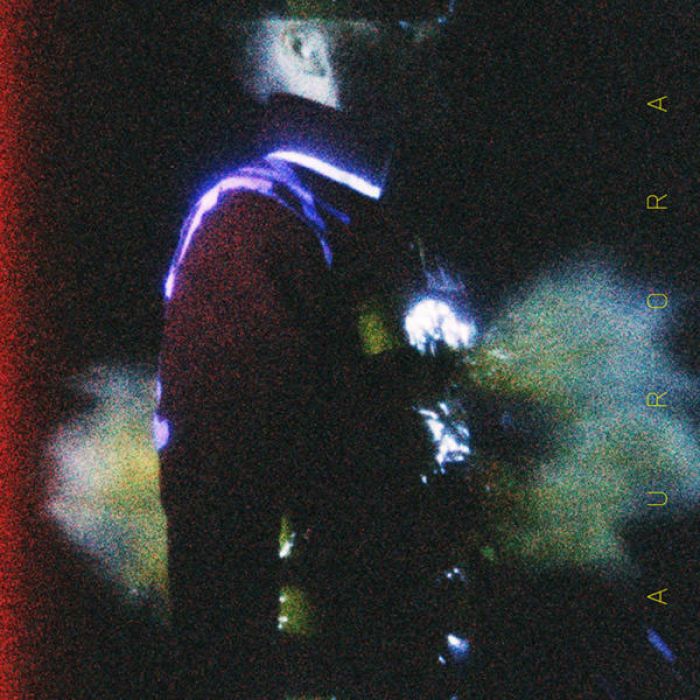A U R O R A by Ben Frost (Review)

After listening to Ben Frost’s monolithic, overwhelming A U R O R A, the first thought that came to mind was, “I’d sure hate to be one of his synthesizers.” I imagine Frost walking out of the studio after finishing the album’s sessions and leaving behind a steaming pile of slag where once there’d been keyboards, circuits, and other gizmos.
A U R O R A is the sound of equipment being tortured and pushed to its limits until the envelope isn’t just breached, but rather, punctured, shredded, and burnt to a crisp by the exit velocity. You could file A U R O R A under “electronica,” “experimental,” “industrial,” or some other genre that relies heavily on electrical gizmos for its sound, and while any of them might be technically accurate, such categorization seems flaccid compared to the sheer visceral-ness of Frost’s music/sound/atmospherics.
Back in college, I had a job maintaining the school’s multimedia classrooms and ensuring that the computers, projectors, etc. were all functioning properly. One day, I turned on a classrom’s equipment and was instantly blasted by a wave of noise and feedback unlike anything I’ve ever experienced (and I’ve seen Mental Destruction live). Perhaps a professor forgot to switch something off and a feedback loop had been building ever since but whatever the cause, I was overcome by shock and sheer terror that took on an almost physical aspect as I scrambled to turn everything off. Afterward, I stood shaking for a few minutes from the experience, an experience created by nothing but sound.
Listening to A U R O R A creates a similar experience for me because Frost is so adept at creating stunning, overwhelming, and simply massive soundscapes whose sheer magnitude threatens to undo you at your core. But therein lies a paradox. There is something stunning and even transcendent about “Secant” and the way its clattering percussion (which sounds like a factory coming apart at the rivets) and crushing synth melody (believe it or not, there is a surprising musicality in Frost’s work) washes over you like an ocean wave of chrome, steel, and fire. Or how “Diphenyl Oxalate” collapses in on itself from the very beginning, and for 90 seconds, sounds like every copy of Loveless in the world is falling into a black hole.
There’s hardly a moment of respite in A U R O R A’s 40 minutes. Even “Venter“ ‘s chiming church bells are underscored by restless cyber-tribal drumming and growing waves of noise, signaling that it’s only a matter of time before all breaks loose. The best you can do is try to find a good grip and hold on for the love of all that’s holy.
Is there something masochistic to listening to A U R O R A? Perhaps, but that seems like too puerile a word to describe the reasons for subjecting yourself to the album. Once a storm has passed, there is always a rush of adrenaline at having survived intact. I still recall the relief that washed over me in the stillness of that classroom after I’d managed to shut everything down. When A U R O R A is over, there is peace, and in the subsequent gathering of wits, a realization of the beauty — yes, beauty — that exists at the shuddering, burning, tortured heart of these songs. Songs that I can only assume were built on the remains of an untold number of keyboards. Their sacrifice was not in vain.